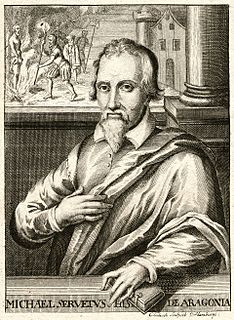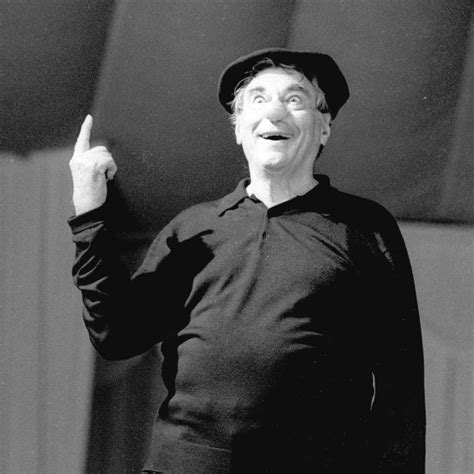A Quote by Swami Vivekananda
The Vedanta recognizes no sin it only recognizes error. And the greatest error, says the Vedanta is to say that you are weak, that you are a sinner, a miserable creature, and that you have no power and you cannot do this and that.
Related Quotes
The Vedanta teaches men to have faith in themselves first. As certain religions of the world say that a man who does not believe in a Personal God outside of himself is an atheist, so the Vedanta says, a man who does not believe in himself is an atheist. Not believing in the glory of our own soul is what the Vedanta calls atheism.
It is weakness, says the Vedanta, which is the cause of all misery in this world. Weakness is the one cause of suffering. We become miserable because we are weak. We lie, steal, kill and commit other crimes, because we are weak. We die because we are weak. Where there is nothing to weaken us, there is no death nor sorrow. We are miserable through delusion. Give up the delusion and the whole thing vanishes.
Error is a supposition that pleasure and pain, that intelligence, substance, life, are existent in matter. Error is neither Mind nor one of Mind's faculties. Error is the contradiction of Truth. Error is a belief without understanding. Error is unreal because untrue. It is that which stemma to be and is not. If error were true, its truth would be error, and we should have a self-evident absurdity -namely, erroneous truth. Thus we should continue to lose the standard of Truth.

































